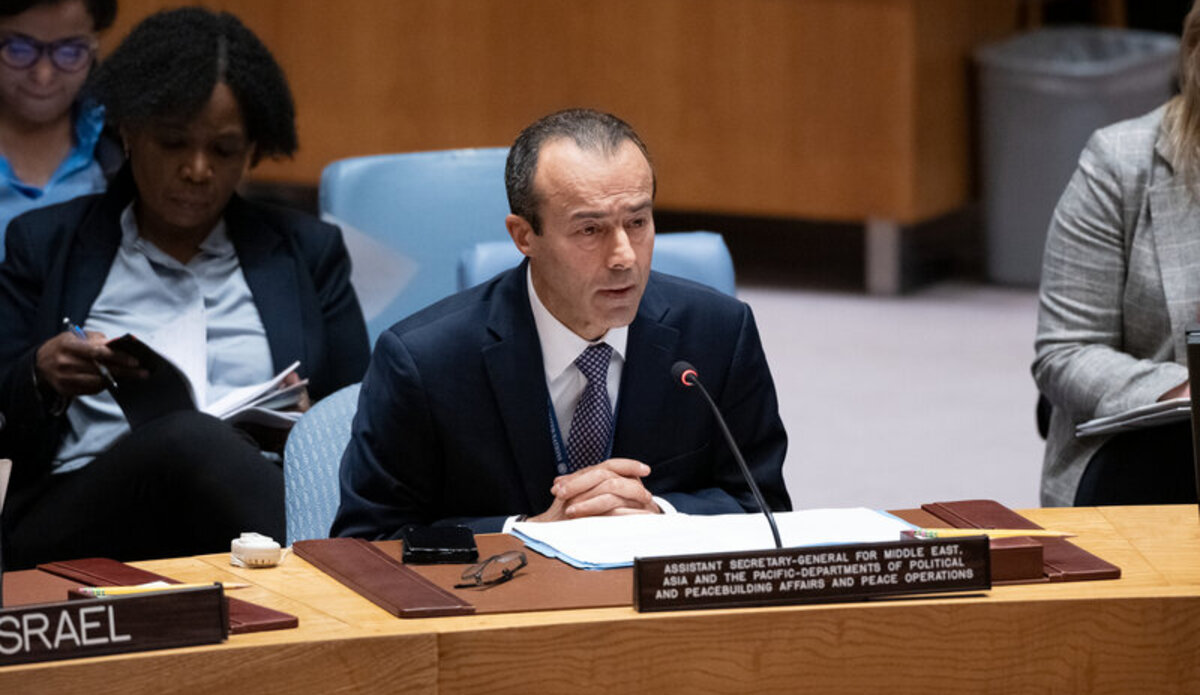World Leaders to Meet at UN Amid Threat of Gaza and Ukraine War Spill overs
The upcoming United Nations General Assembly (UNGA) session is set to be a pivotal moment as world leaders gather to address multiple crises threatening global stability. Among the foremost concerns are the potential spill overs from the ongoing conflicts in Gaza and Ukraine, which have significant implications for international peace and security. The UNGA provides a crucial platform for dialogue and diplomacy, as leaders seek to navigate these complex issues and mitigate the risks of further escalation.
The Gaza Conflict: Rising Tensions and Regional Implications
The conflict in Gaza has intensified, with escalating violence and humanitarian concerns raising alarm across the international community. Key aspects of the situation include:
- Humanitarian Crisis:
The Gaza Strip is experiencing a severe humanitarian crisis due to ongoing military operations, blockades, and shortages of essential supplies. The international community is concerned about the impact on civilian populations and the urgent need for humanitarian assistance. - Regional Spillover:
The Gaza conflict has the potential to spill over into neighboring countries, including Israel’s other neighbors in the Middle East. There are fears of regional destabilization, with the possibility of increased violence and refugee flows affecting countries such as Egypt, Jordan, and Lebanon. - International Responses:
Various international actors, including the United Nations, the European Union, and Arab League, are actively involved in diplomatic efforts to de-escalate the situation and provide humanitarian aid. However, achieving a lasting resolution remains challenging amidst deep-seated political and territorial disputes.
The Ukraine Conflict: Ongoing War and Global Ramifications
The conflict in Ukraine, which began with Russia’s annexation of Crimea in 2014 and further escalated with the 2022 invasion, continues to be a major source of global tension. Key issues include:
- Military Stalemate:
Despite significant international support for Ukraine, the military situation remains complex and fluid. The conflict has resulted in substantial loss of life, destruction of infrastructure, and ongoing humanitarian concerns. - Economic and Energy Impacts:
The war has disrupted global supply chains and energy markets, contributing to economic instability and inflation. European countries, in particular, are facing challenges related to energy security and the economic repercussions of the conflict. - Geopolitical Consequences:
The Ukraine conflict has prompted shifts in geopolitical alliances and has influenced international relations. The U.S., EU, and NATO have taken a strong stance against Russian aggression, while Russia’s actions have strained its relationships with Western nations.
The UNGA Session: A Platform for Diplomacy
As world leaders convene at the UNGA, several key issues are likely to be at the forefront of discussions:
- Addressing Humanitarian Concerns:
Leaders will focus on addressing the humanitarian crises in Gaza and Ukraine. This includes discussions on increasing humanitarian aid, ensuring access to affected populations, and supporting recovery and reconstruction efforts. - Promoting Peace and Security:
The UNGA will provide an opportunity for world leaders to discuss strategies for de-escalating conflicts and promoting long-term peace. This may involve negotiations, peacekeeping efforts, and diplomatic initiatives aimed at resolving underlying issues. - Coordinating International Responses:
The UNGA serves as a platform for coordinating international responses to global crises. Leaders will discuss ways to enhance cooperation among nations, strengthen international institutions, and address the root causes of conflicts. - Navigating Geopolitical Tensions:
The session will also address the broader geopolitical tensions arising from the Gaza and Ukraine conflicts. Leaders will seek to manage relationships between major powers, mitigate risks of further escalation, and promote a balanced approach to global diplomacy.
Potential Outcomes and Challenges
The outcomes of the UNGA session will be influenced by several factors:
- Diplomatic Engagement:
The success of diplomatic efforts will depend on the willingness of world leaders to engage in meaningful dialogue and negotiations. Effective diplomacy will be crucial in addressing both immediate crises and long-term solutions. - International Unity:
Achieving consensus among diverse international actors will be a significant challenge. Disparities in national interests, political agendas, and regional priorities may affect the effectiveness of collective actions. - Sustainable Solutions:
The pursuit of sustainable solutions requires addressing underlying issues, including political grievances, territorial disputes, and humanitarian needs. Long-term stability will depend on comprehensive approaches that address these core challenges. - Public and Political Pressure:
Leaders will also face pressure from domestic and international constituencies to take decisive action. Balancing public expectations with the complexities of global diplomacy will be a key challenge for many nations.
Conclusion
The upcoming UN General Assembly session is poised to be a critical juncture in addressing the threats posed by the Gaza and Ukraine conflicts. As world leaders come together, the focus will be on finding ways to de-escalate tensions, address humanitarian needs, and promote global stability. The success of these diplomatic efforts will depend on the ability of nations to work collaboratively, navigate geopolitical complexities, and pursue effective solutions to the pressing challenges facing the international community.
